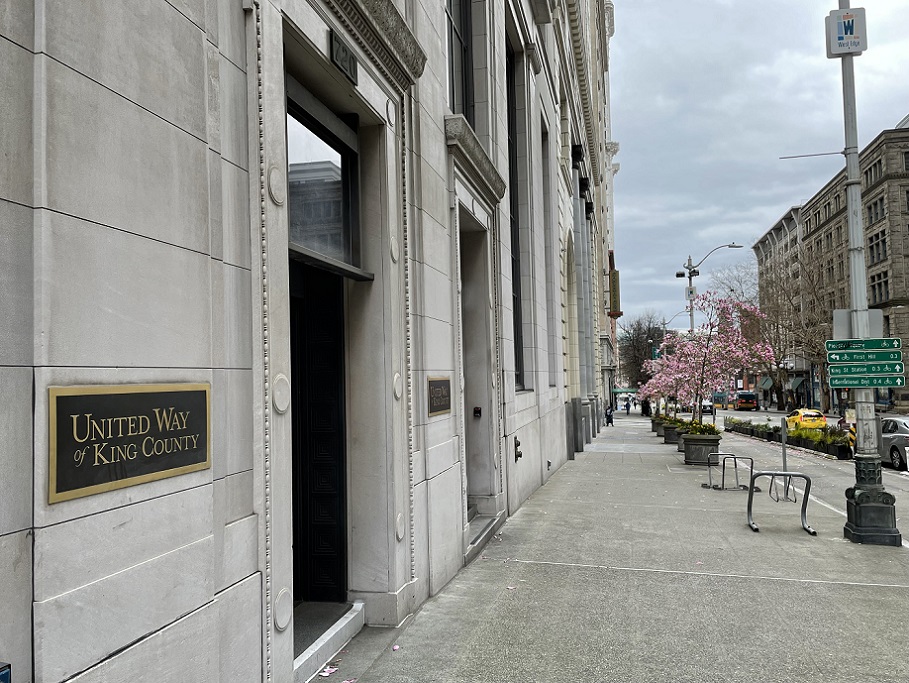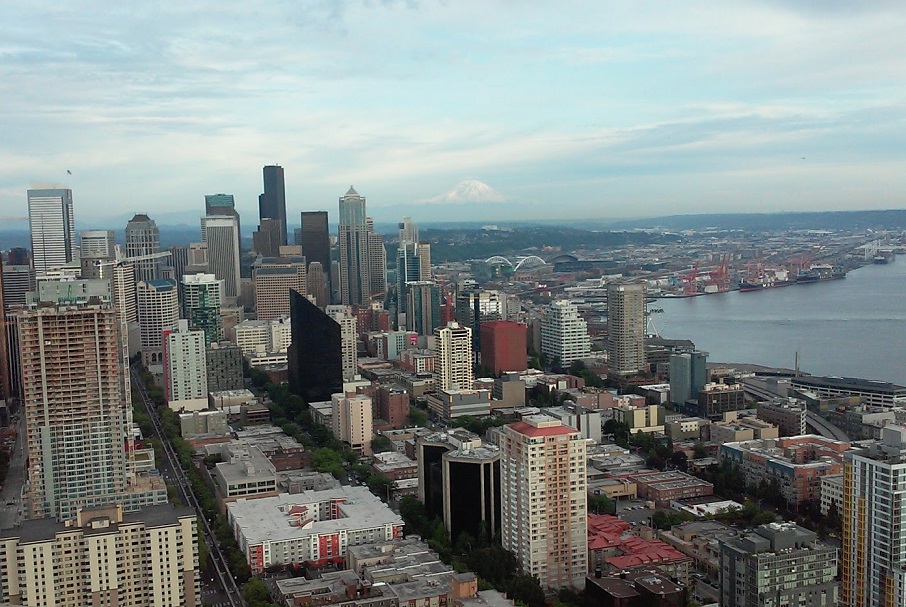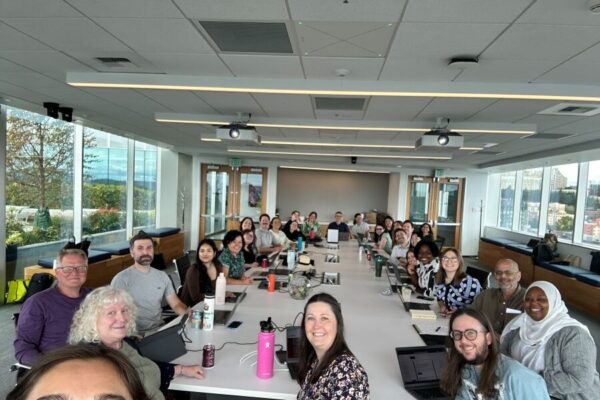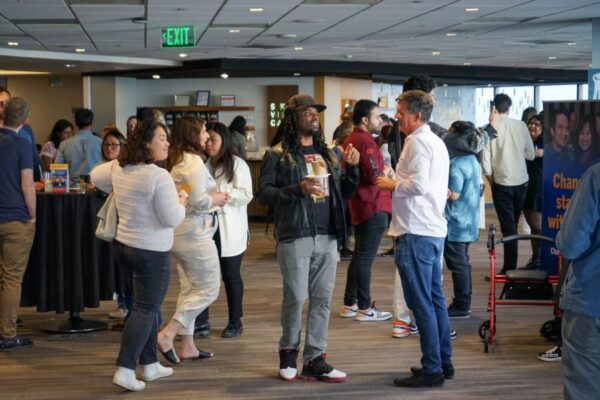United Way’s Response to the State of Downtown Report
United Way of King County has reopened its Second Avenue office in Downtown Seattle as the city grapples with challenges plaguing its urban core—issues that have existed for years and were exacerbated during the COVID-19 pandemic. Recently, I took a one-mile walk from our offices to the Hyatt Regency on Howell Street to attend the Downtown Seattle Association’s announcement and release of its State of Downtown report, which says that the area’s ability to sustain recovery is “critically linked to the urgent need to address homelessness downtown.”
As I walked along the streets that comprise our downtown area, I saw both the hope and despair that weave into the fabric of downtown every day: From buoyant youth headed to an event at the Seattle Arts Museum to people who appeared to be struggling with mental and behavioral health and other obvious challenges. From people traversing our busy streets to those living on them. From the bright lights and aromatic smells of our restaurants to far too many boarded-up buildings that are evidence of the economic challenges that have devastated this community.
I walked to the event to be up close and personal with the downtown community, and what I saw was a multiplicity of issues—lack of affordable housing being one of many facing the area. The struggles that are being well-publicized are emblematic and representative of what’s going on across the region as we begin to recover from an exceptionally challenging and disruptive two years.
As we work to remedy that which ails both downtown and King County at large, we need everyone—including elected leaders, business leaders and service providers—to embrace a community mindset and a narrative rooted in humanity. We must avoid the temptations of blame, shame and judgment that all the challenges facing downtown lay at the feet of our neighbors who are unsheltered. Solutions are more varied and nuanced and will require all of us to respond with compassion, generosity and a bias for action.
We must avoid the temptations of blame, shame and judgment that all the challenges facing downtown lay at the feet of our neighbors who are unsheltered.
Gordon McHenry, Jr., United Way President and CEO
The State of Downtown report says that the current realities of downtown’s homelessness crisis and its impact on small businesses, workers, residents and individuals in need are the principal threat to downtown’s renewal. We see the issues that create and increase homelessness—including poverty, lack of affordable housing and access to services for those in need—as the principal threat. Homelessness is a symptom of inequitable systems that have been left untreated for far too long. These issues fall most heavily on neighbors who have been traditionally marginalized, particularly Black, Indigenous and people of color (BIPOC), LGBTQ+ groups and women surviving domestic violence.
Many of us have struggled for two years despite having all our basic needs intact. Imagine what it’s like when your life is defined by surviving as an unsheltered human being or an unsheltered family.
United Way believes that to address the lack of affordable housing and access to services, we must enthusiastically support the strategies and the work of the King County Regional Homelessness Authority across the county— specifically the Partnership for Zero program to end unsheltered homelessness in Seattle and the county. Mark Dones, CEO of the Regional Homelessness Authority, wants us to focus on ending homelessness. Let’s keep that as a specific goal at the forefront and make sure we don’t fall into seeking simple solutions or conflating other challenges downtown and across the region with the specific needs and challenges associated with ending homelessness and improving housing stability.

It’s appropriate that there is increased focus on downtown Seattle—it is a very important part of our region. Yet we must change the narrative about our downtown area. We’re not going to fully recover if people are still stuck in crisis messaging and are associated with conflating issues that are sometimes intersecting, but other times, totally different.
Unsheltered homelessness is the byproduct of what ails our county, not the root cause. We need more shelter, more supportive housing and more affordable housing for those who are experiencing homelessness and struggling with housing stability. We need to build an economy that closes the income inequality gap. We need to provide mental health support for all who need them, not just those who can afford them. We need to change systems that do not serve the neediest in our society. We say we want a Seattle and King County region that everyone can enjoy. We must act like it, and now.





Comments